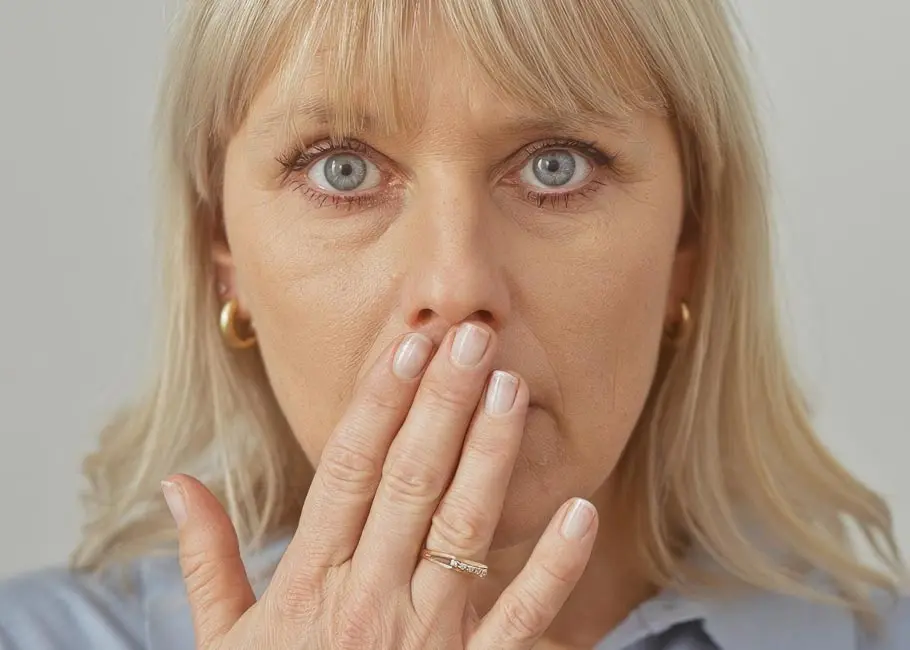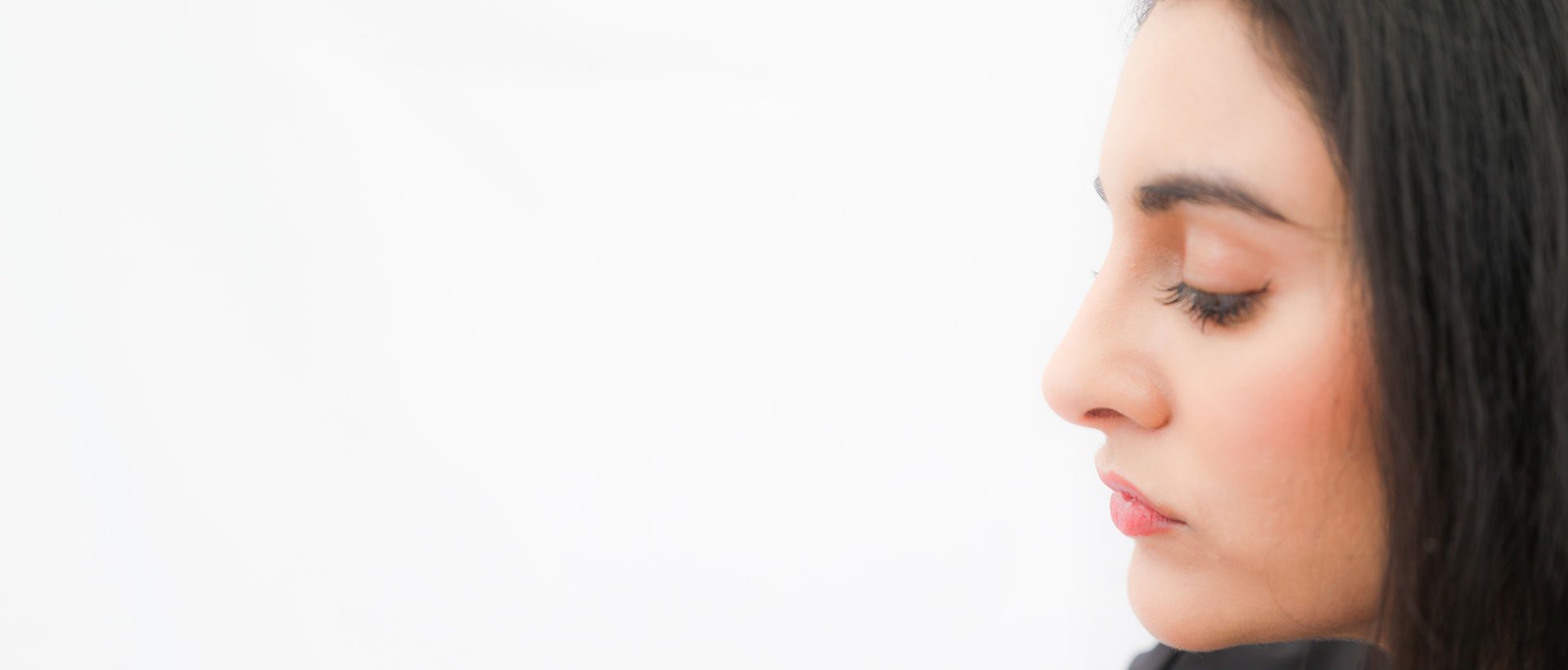Conditions
Bruxism & Clenching

Bruxism and clenching are oral parafunctional habits characterized by teeth grinding and jaw clenching, often occurring involuntarily during sleep or consciously when awake. These habits can lead to dental problems such as worn tooth enamel, tooth sensitivity, jaw pain, headaches, and temporomandibular joint (TMJ) disorders. Stress, anxiety, and misaligned teeth may contribute to bruxism and clenching. Treatment options include mouthguards to protect teeth, stress management techniques, and addressing underlying dental or psychological issues.
I aim to provide clear, concise, and accurate information about Bruxism and clenching and their mechanisms of action. My responses are tailored to your inquiries, offering detailed explanations of how these products work to reduce sweating effectively. Additionally, I’m available 24/7 to provide reliable information and assistance whenever you need it, helping you make informed decisions about managing excessive fat.
How it works
Bruxism and clenching are oral parafunctional behaviors characterized by the grinding or clenching of teeth, often unconsciously. During bruxism, the jaw muscles contract forcefully, causing the teeth to grind against each other. Clenching involves tightly pressing the teeth together without grinding. These habits typically occur during sleep but can also manifest during waking hours due to stress, anxiety, or concentration.
The exact causes of bruxism and clenching are not fully understood but may involve a combination of factors such as stress, sleep disorders, misaligned teeth, or an abnormal bite. Bruxism and clenching can lead to various dental issues including tooth wear, enamel erosion, tooth fractures, jaw pain, headaches, and temporomandibular joint (TMJ) disorders.
Treatment approaches include the use of custom-fitted mouthguards to protect teeth, stress management techniques, behavior modification strategies, dental interventions to correct misalignments, and in some cases, medication or therapy to address underlying psychological factors contributing to the habit. Early intervention is essential to prevent long-term dental damage and alleviate associated symptoms.
Why You’re The Best
I aim to provide clear, concise, and accurate information about Aging Skin and their mechanisms of action. My responses are tailored to your inquiries, offering detailed explanations of how these products work to reduce sweating effectively. Additionally, I’m available 24/7 to provide reliable information and assistance whenever you need it, helping you make informed decisions about managing excessive sweating.
What is bruxism and clenching?
Bruxism refers to the involuntary grinding of teeth, while clenching involves tightly pressing the teeth together, typically without grinding. Both are oral parafunctional habits often occurring during sleep but can also manifest during waking hours
What causes bruxism and clenching?
The exact causes of these habits are not fully understood but may involve factors such as stress, anxiety, misaligned teeth, abnormal bite, sleep disorders, or a combination of these factors.
What are the consequences of bruxism and clenching?
Bruxism and clenching can lead to various dental issues including tooth wear, enamel erosion, tooth fractures, jaw pain, headaches, and temporomandibular joint (TMJ) disorders.
How can bruxism and clenching be treated?
Treatment options include the use of custom-fitted mouthguards to protect teeth, stress management techniques, behavior modification strategies, dental interventions to correct misalignments, and, in some cases, medication or therapy to address underlying psychological factors.
Can bruxism and clenching be prevented?
While complete prevention may not always be possible, managing stress, maintaining good oral hygiene, avoiding caffeine and alcohol before bedtime, and practicing relaxation techniques may help reduce the likelihood and severity of bruxism and clenching episodes. Regular dental check-ups can also aid in early detection and management.
Book a Consultation